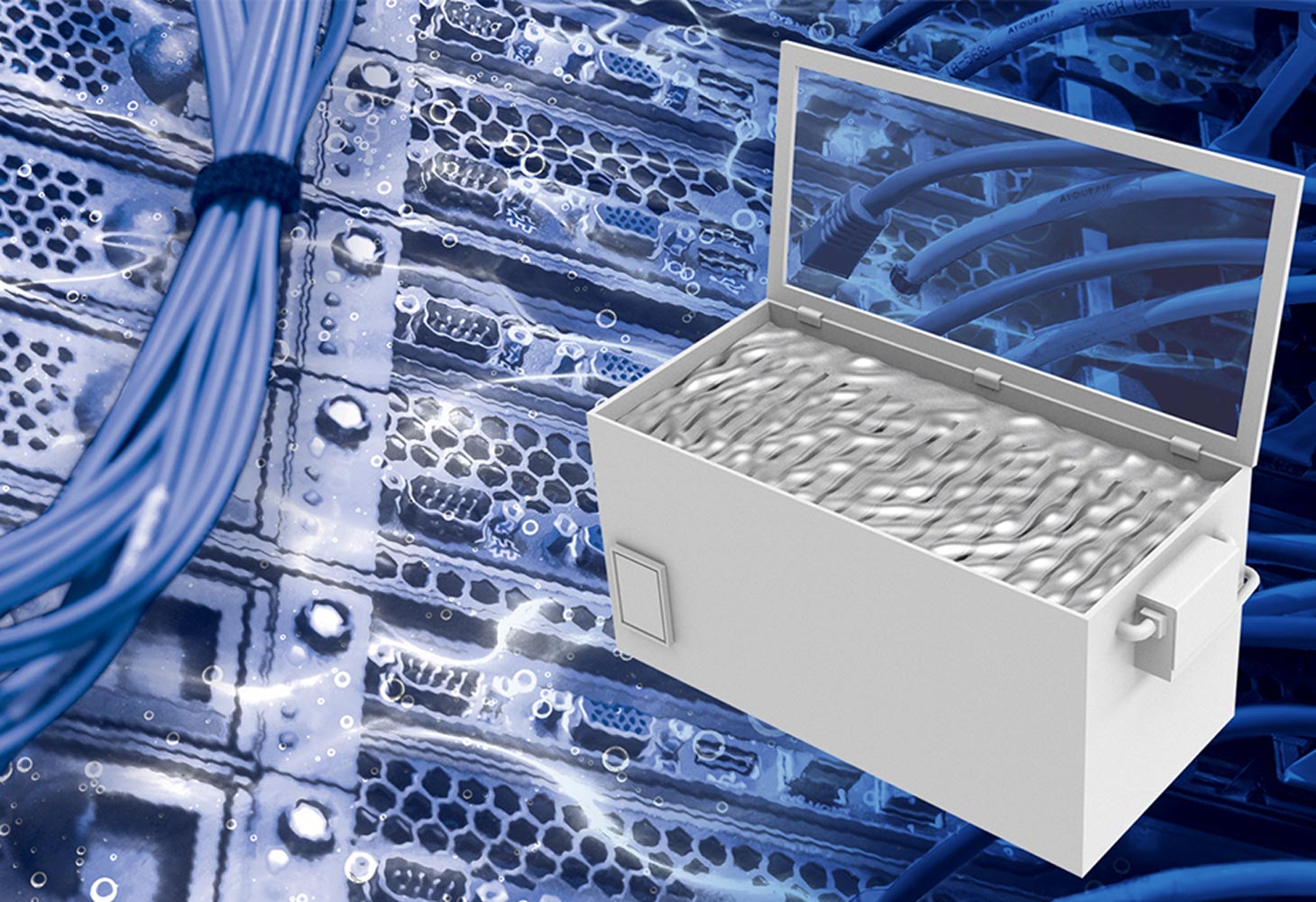
Lubrizol launches fully warrantied immersion cooling solution
The Lubrizol Corporation® and Intel®, following a multi-year effort to advance immersion cooling technologies, announced a transformational development at the Open Compute Project (OCP) Summit in San Jose, California, which was held from October 18-20.
Lubrizol announced the industry’s first, fully warrantied, immersion-ready cooling solution, CompuZol™ ICS. Featuring Lubrizol’s family of proprietary CompuZol immersion cooling fluids and an immersion-ready server from Intel, the new fully warrantied offering simplifies data center transitions to immersion by eliminating common hurdles to adoption.
“We know that the market has questions about transitioning from traditional air-cooling to immersion cooling, with switching costs, logistics, and, of course, performance and warranty being top of mind,” said Matt Joyce, vice president, Corporate New Business Development, for Lubrizol. “We want to help answer those questions, and this new immersion-ready solution represents a milestone in that effort.
“Our multiyear collaboration with Intel to advance immersion cooling and sustainably improve computing power and performance has culminated in this industry-first from Lubrizol,” Joyce said. “Until now, warranty was always an area of contention when end users considered immersion applications. Working closely with Intel, we are pleased to introduce this new immersion cooling solution that includes an immersion-ready server and is fully warrantied from silicon to service.”
“By eliminating barriers, enterprises will now be able to scale data center immersion cooling in a way they have not been able to in the past. Intel is excited to be collaborating with Lubrizol to help customers take a leap forward in their sustainability journey,” said Jen Huffstetler, Intel’s chief product sustainability officer.
Globally, traditional, cloud and hyperscale data centers consume an estimated 150 to 200 terawatt hours of electricity annually, with as much as one-third to one-half going to conventional air-cooling and HVAC systems. With most of the world’s electricity still coming from fossil fuel-based generation sources, the need to reduce energy consumption in data centers is compelling.













